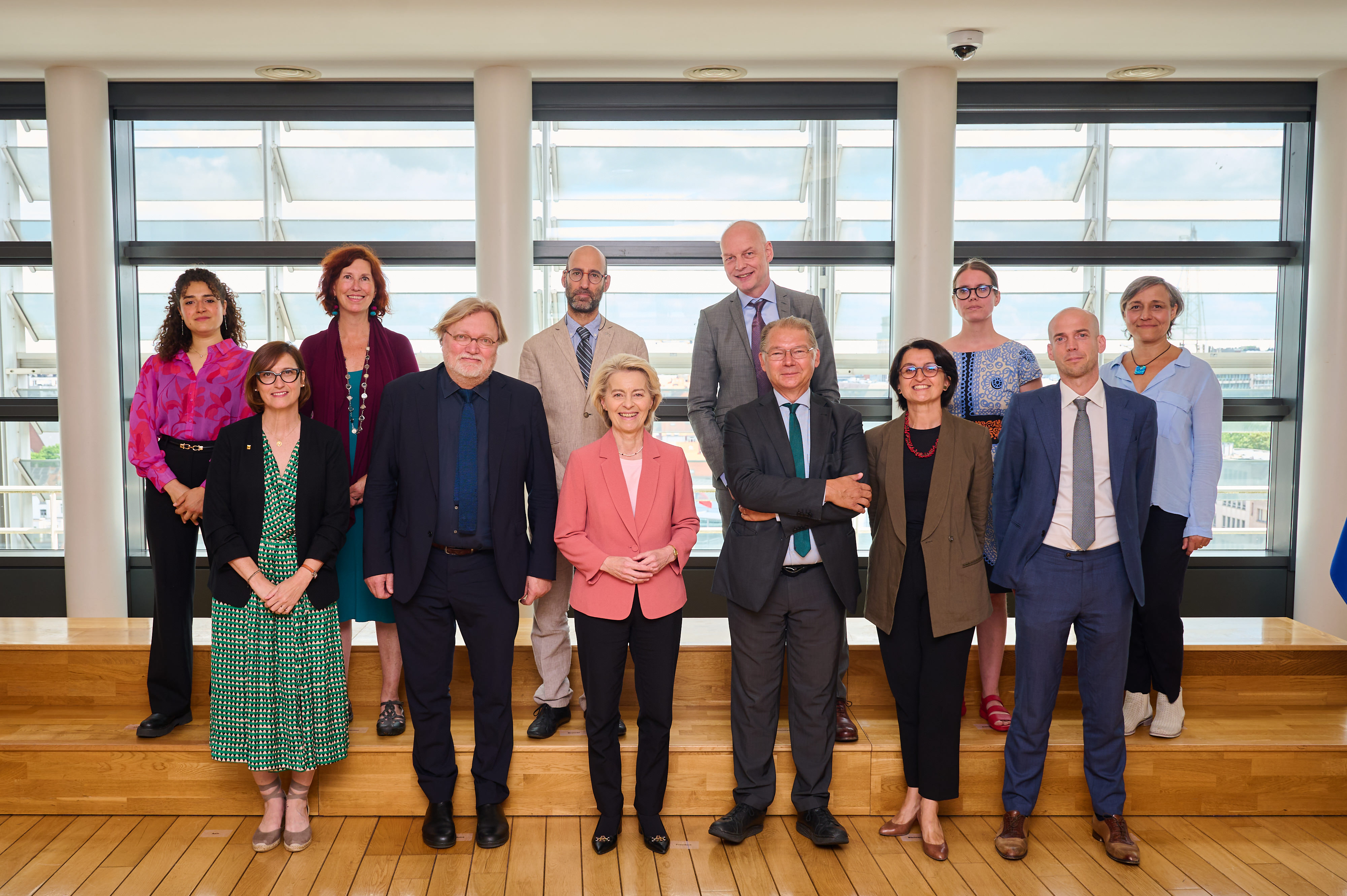Today, together with members PAN Europe and WECF, HEAL’s Executive Director Génon Jensen participated in the Implementation Dialogue on Biocides hosted by the EU Health Commissioner Várhelyi.
International conference on the eve of key European Parliament air quality vote
Air pollution is the biggest environmental threat to everyone’s health across the EU, and one of the leading risk factors for chronic diseases.
Cities have a crucial role to play for cleaning up air: 97% of urban residents are exposed to levels of fine particles which are considered harmful to health by the World Health Organization (WHO); people living in neighborhoods with higher concentrations of particulate matter pollution visit their GP more often and exposure to ambient air pollution contributes to the onset of work incapacity related to mental health conditions.
Today, pathways to reach clean air in cities by 2030 will be discussed by more than 340 participants from 33 countries at an international conference taking place in Brussels (livestream), organised by Independent Health Insurance Funds (Mutualités Libres) and the Health and Environment Alliance (HEAL), under the auspices of the Belgian EU Presidency.
Socio-economic inequalities translate into disparate exposure to air pollution and health impacts in many cities, and it is a particular challenge in Brussels. Preliminary findings from ongoing research by the Independent Health Insurance Funds, zooming in on the impact of the low emission zones (LEZ) in Brussels, Antwerp and Ghent (comparing with data from 17 other Belgian cities without LEZ), show an overall more rapid decrease of black carbon (BC), nitrogen dioxide (NO₂), particulate matter (PM2.5 and PM10) since the introduction of the LEZ in Antwerp (2017) and Brussels (2018), up until 2022, compared to cities without an LEZ.
For Brussels, these findings confirm a previous report by Bruxelles Environment that showed NO₂ levels have decreased by a record 30% along the major roads of Brussels since 2018 and points to a similar or even more marked reduction of other harmful pollutants. Independent Health Insurance Funds’ preliminary findings for Brussels further reconfirm that more deprived neighbourhoods bear the heaviest burden of air pollution – but also that for some pollutants (BC and NO₂), the LEZ resulted in a faster decrease of air pollution in those neighbourhoods.
Xavier Brenez, CEO of Independent Health Insurance Funds: “The air quality in Belgium is improving, but there is still a lot of work. And this while the impact of air pollution on our physical and mental health is enormous, as is the cost to our social security. We need initiatives like LEZ to protect public health. It is essential that after the elections, air quality continues to be a priority in Belgium and at European level.”
The conference takes place on the eve of the 24 April European Parliament plenary vote on the trilogue deal of the revision of the Ambient Air Quality Directive (AAQD). The EU’s clean air framework is the backbone for measures at local level. HEAL and the Independent Health Insurance Funds together with health groups across Europe call for the European Parliament and EU member states to swiftly adopt the agreement reached in trilogue.
Anne Stauffer, Deputy Director at Health and Environment Alliance (HEAL): “The revised EU clean air law will give much needed tailwind to cleaning up the air in the EU’s urban environments. It has a huge potential to improve health for everyone living in cities, but especially for those most at risk including pregnant women, children, the elderly, those already sick and those facing health inequalities. Member states should waste no time in adopting and implementing the law, to swiftly lessen people’s suffering, prevent disease and achieve economic savings.”
Following the approval of the trilogue deal by the European Parliament, the revised law will have to be adopted by member states and published in the EU Official Journal.
Alain Maron, minister of the Government of the Brussels-Capital Region, responsible for climate transition, environment, energy and participatory democracy, Belgian EU Presidency comments: “Under the Belgian Presidency, the European Union has taken an important step by revising its air quality standards. These will considerably improve the quality of the air we breathe and will help us to effectively combat air pollution, thereby reducing premature deaths and health risks, and guaranteeing everyone the right to breathe clean air.”


